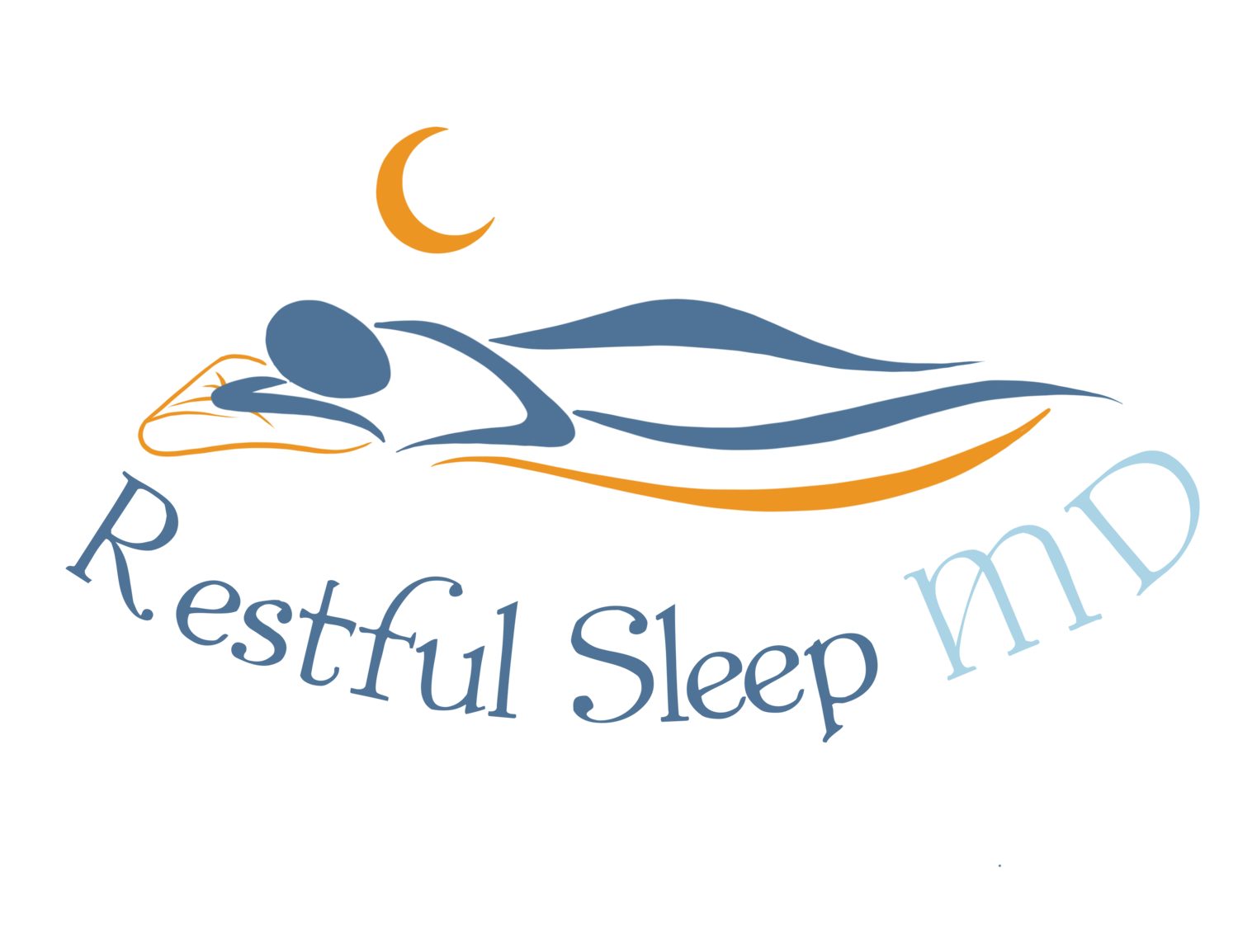Unlocking the Science of Sleep: Why Do We Sleep?
Sleep is a vital process for maintaining our overall health and well-being. Sleep is not just a cure for sleepiness (it helps with that!), but it performs many other roles. While the exact function of sleep is not yet fully understood, scientists have discovered several important reasons why we sleep.
In this blog, I highlight some important benefits of sleep, as well as what happens when we don’t sleep well.
Here are some key purposes and benefits of sleep
Restoration and Repair: Sleep allows our body to restore and repair itself. During sleep, there is an increase in processes like cell division and protein synthesis, which helps repair damaged tissues and organs, strengthen the immune system, and promote healing.
Energy Conservation: Sleep helps conserve energy. While asleep, our metabolic rate decreases, and our body temperature and heart rate lower, reducing energy usage compared to when awake. This is why sleep is one of the most important ways to rest.
Brain Function and Memory Consolidation: Sleep plays a crucial role in cognitive processes such as learning, memory consolidation, and information processing. It helps solidify and organize memories, enhances learning and problem-solving abilities, and improves creativity.
Hormone Regulation: Sleep is closely tied to regulating various hormones in the body. During sleep, the production and release of important hormones, such as growth hormone, melatonin, and cortisol, are controlled. These hormones influence our body functions, including growth, metabolism, immune response, and stress management.
Mental and Emotional Well-being: A good night's sleep is essential for your mental and emotional health. Sleep deprivation can lead to increased irritability, mood swings, difficulty concentrating, and difficulty making decisions.
Physical Performance and Recovery: Sleep is crucial for athletic and physical recovery. It helps with muscle repair, restoring your glycogen stores, and releasing growth hormone, all of which contribute to improved physical performance and recovery from physical exertion. This is why sleep is considered the ultimate performance-enhancing drug!
Cardiovascular Health: Sufficient sleep is associated with a lower risk of developing diseases, including hypertension, heart disease, and stroke. Chronic sleep deprivation has been linked to an increased risk of these conditions.
What happens when we don’t get enough sleep?
Not getting enough sleep can have several consequences on your physical and mental well-being. Here are some common consequences:
Impaired cognitive function: Sleep deprivation affects our ability to process, acquire, and store information. When cognition is impaired, processes like concentration, attention, memory, and problem-solving skills are affected. Focusing, making decisions, or learning new information may be harder.
Reduced immune function: Lack of sleep can weaken your immune system, making you more susceptible to infections, colds, and other illnesses. Sleep plays a crucial role in supporting immune system function and overall health. Some studies show that response to vaccinations may be related to how much sleep we get.
Increased risk of accidents: Sleep deprivation can impair your reaction time, judgment, and coordination, increasing the risk of accidents while driving, operating machinery, or performing other tasks that require alertness. Several road traffic accidents have been related to drowsy driving.
Mood disturbances: Insufficient sleep can lead to irritability, mood swings, and an increased risk of developing mental health issues such as anxiety and depression. Sleep deprivation can also make existing mood disorders worse.
Cardiovascular problems: Chronic sleep deprivation has been linked to an increased risk of hypertension (high blood pressure), heart disease, stroke, and other cardiovascular conditions.
Weight gain and metabolic issues: Lack of sleep disrupts the balance of hormones that regulate appetite, leading to increased hunger and cravings, particularly for high-calorie foods. The appetite-regulating hormones called leptin and ghrelin, are affected by our sleep. Sleep deprivation has also been associated with weight gain, obesity, and an increased risk of developing diabetes.
Poor physical performance: Sleep deprivation can affect athletic performance and physical abilities. It may reduce coordination, stamina, and overall endurance, hindering your ability to perform at your best. You are also at risk for sports-related injuries when you sleep poorly.
Decreased productivity: Insufficient sleep can impact your productivity, creativity, and problem-solving abilities, both at work and in daily life. It may take longer to complete tasks, make decisions, or retain information. This decreased productivity is costing the organizations millions in revenue. For instance, sleep-deprived employees are more likely to take longer to perform tasks, call out sick, and work well with team members.
Increased risk of chronic conditions: Chronic sleep deprivation has been associated with an increased risk of developing chronic health conditions, including diabetes, obesity, cardiovascular diseases, and certain types of cancer.
Poor quality of life: Overall, not getting enough sleep can significantly impact your quality of life, leading to decreased energy levels, reduced enjoyment of daily activities, and an overall feeling of fatigue and exhaustion.
Prioritizing regular, sufficient sleep is important to promote optimal physical and mental health. If you are consistently having trouble sleeping, it's advisable to consult a sleep specialist for guidance and support.
In a previous blog, I shared tips for obtaining restful sleep.


